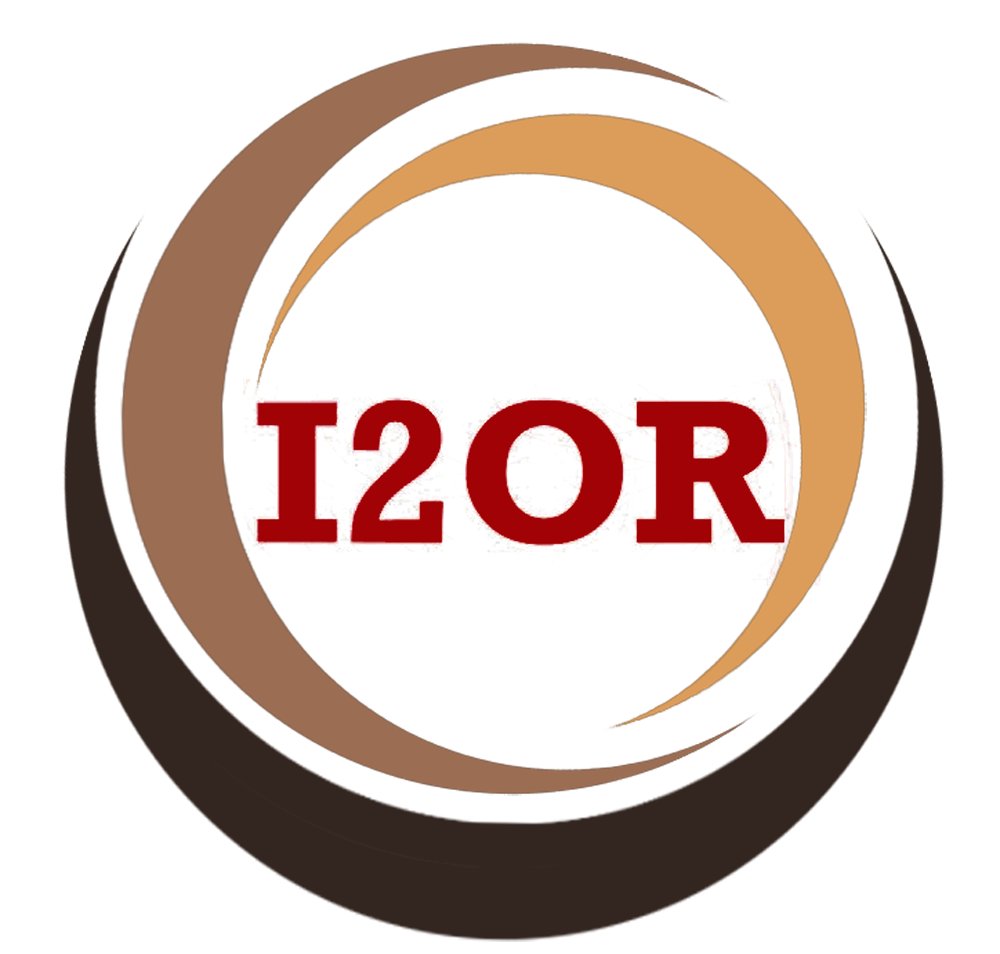Professional competencies in the criminal field through the articulation of core university functions and TIC
Keywords:
Articulation, Core functions, ICT, Higher education, Criminal field, Professional competencies, PanamaAbstract
This mixed-methods study, with a quantitative emphasis, investigated the articulation of core university functions (research, outreach, and internationalization) mediated by information and communication technologies (ICT) and their contribution to the development of professional competencies in the criminal field within the Bachelor's Degree in Criminal Investigation and Security at the Specialized University of the Americas (UDELAS) in Panama. Through the analysis of curriculum mapping matrices and surveys of 120 students, the degree of ICT integration in each core function and student perceptions thereof were evaluated. The results revealed a low articulation between ICT and core functions, especially in outreach, where only 5% of activities integrate ICT. Research, although with a higher general contribution (56%), showed ICT integration in only 30% of its activities. Student perceptions concurred with these findings, showing a higher perceived integration of ICT in teaching (80%) compared to research (45%) and outreach (30%). Qualitative perspectives from faculty and employers, collected through interviews, complemented these findings, pointing to the need for greater faculty training in the pedagogical use of ICT and the importance of strengthening practical training in specific digital competencies, such as digital forensic analysis and cybersecurity. It is concluded that the current low articulation limits the development of crucial digital competencies for the criminal field.






